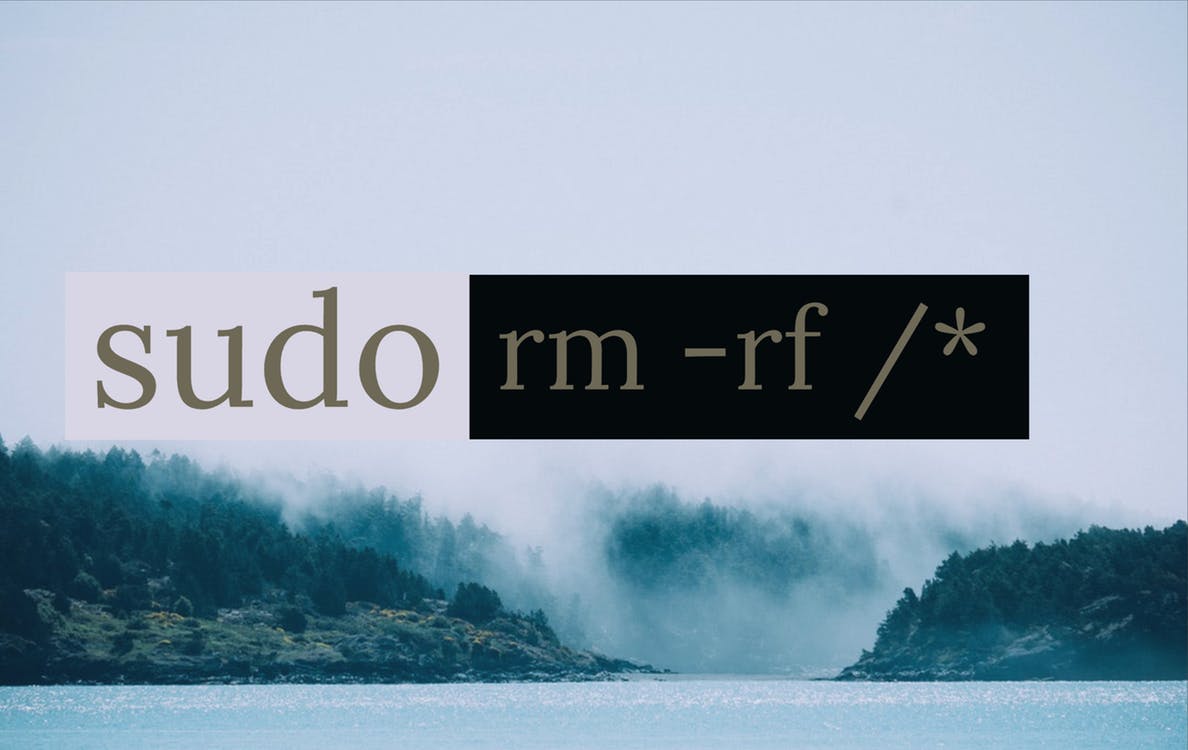 SECURITY
SECURITY
 SECURITY
SECURITY
 SECURITY
SECURITY
Sudo, the main command in Linux that allows users to run tasks, has been found to have a vulnerability that allows unauthorized users to execute commands as a root user.
The vulnerability, known as CVE-2019-14287, does require a nonstandard configuration but nonetheless does open the door to unauthorized users.
The vulnerability allows users to bypass the nonroot restriction by simply using -u#-1 in the command line. As The Hacker News described it Monday, the sudo security policy bypass issue allows “a malicious user or a program to execute arbitrary commands as root on a targeted Linux system even when the ‘sudoers configuration’ explicitly disallows the root access.”
Unlike Microsoft Corp.’s Windows operating system, Linux is most considered to be far more safe from hacking, buy it’s not without its faults. In this case, the vulnerability stems from how Sudo treats user IDs. Using a negative user ID, such as -1, as in -u#-1, triggers the vulnerability and gives root access.
“This can be used by a user with sufficient sudo privileges to run commands as root even if the Runas specification explicitly disallows root access as long as the ALL keyword is listed first in the Runas specification,” according to the Sudo vulnerability alert.
The good news is that the vulnerability has been patched in Sudo version 1.8.28. The patch does have to be inserted into various distributions to be updated. Sudo Group said most major Linux distributions will do so.
Sudo can be updated manually by those who do not get an update from their distribution of choice. “If you use Linux, you are highly recommended to update sudo package manually to the latest version as soon as it is available,” the Sudo Group advised.
Support our mission to keep content open and free by engaging with theCUBE community. Join theCUBE’s Alumni Trust Network, where technology leaders connect, share intelligence and create opportunities.
Founded by tech visionaries John Furrier and Dave Vellante, SiliconANGLE Media has built a dynamic ecosystem of industry-leading digital media brands that reach 15+ million elite tech professionals. Our new proprietary theCUBE AI Video Cloud is breaking ground in audience interaction, leveraging theCUBEai.com neural network to help technology companies make data-driven decisions and stay at the forefront of industry conversations.